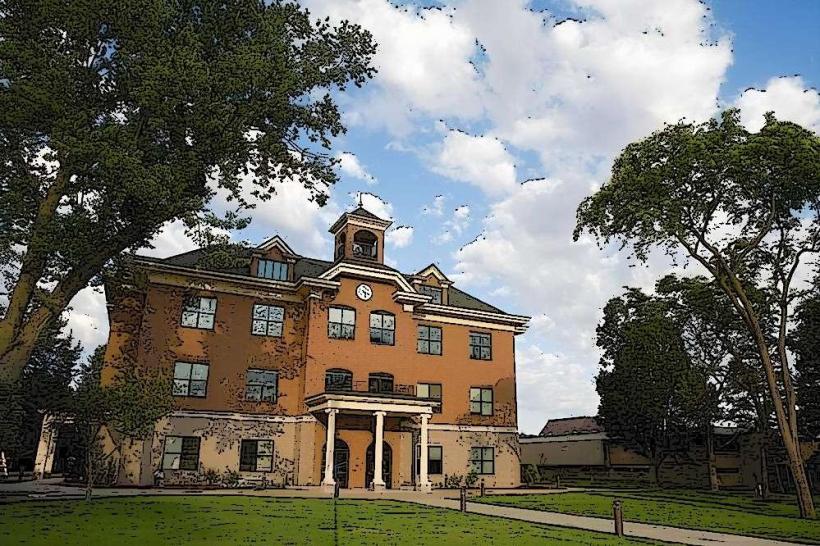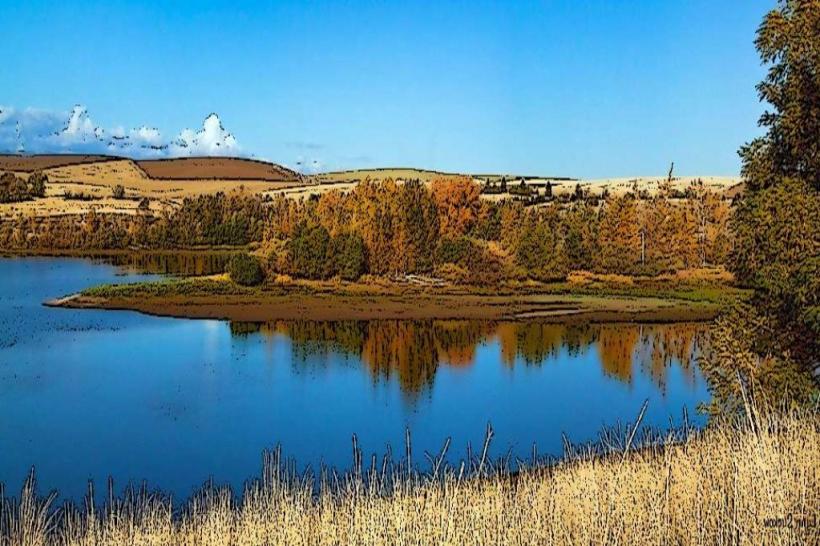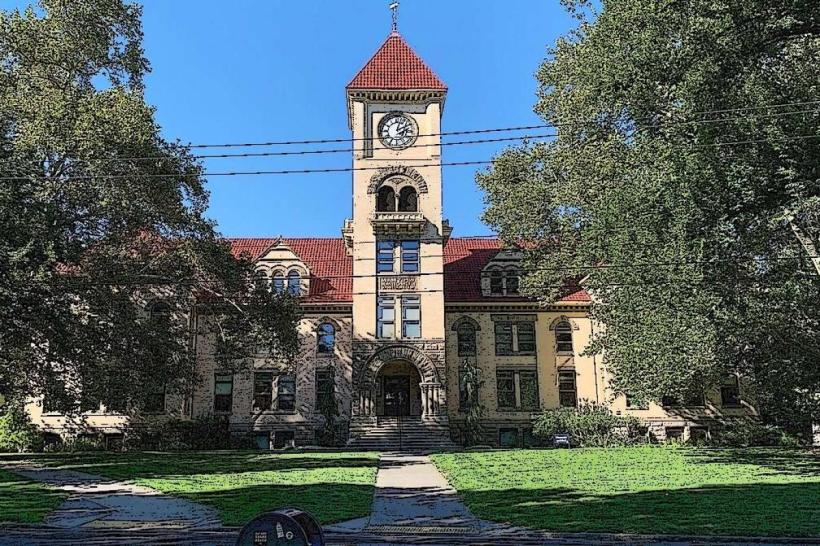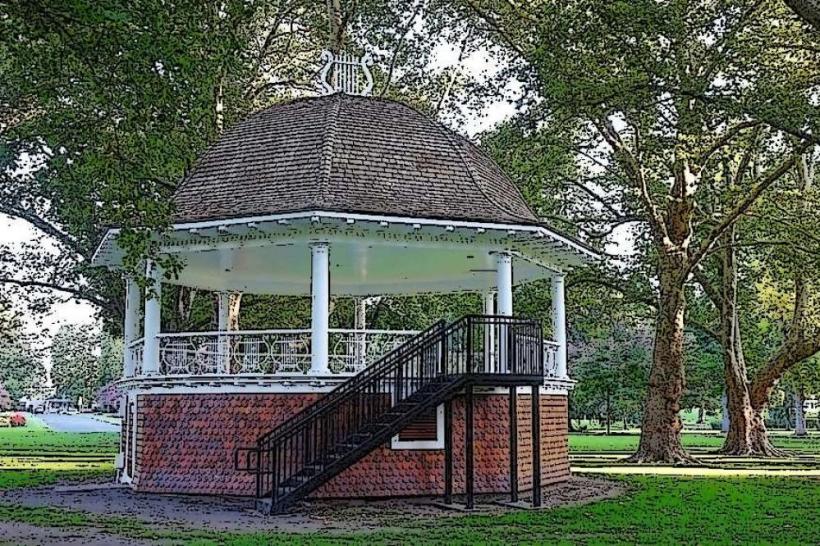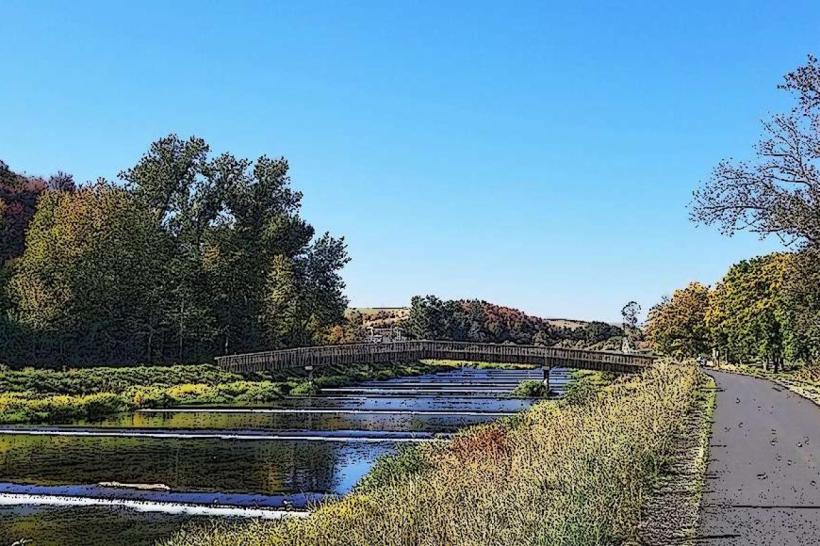Information
Landmark: Fort Walla Walla MuseumCity: Walla Walla
Country: USA Washington
Continent: North America
Fort Walla Walla Museum, Walla Walla, USA Washington, North America
Walla Walla University (WWU) is a private, faith-based institution located in College Place, Washington, within the scenic Walla Walla Valley. Founded in 1892 originally as Walla Walla College, the university is affiliated with the Seventh-day Adventist Church and is committed to providing a holistic education that integrates academic excellence with spiritual growth and service to the community. Over more than a century, WWU has evolved into a comprehensive liberal arts university offering a broad range of undergraduate and graduate programs.
The main campus spans approximately 83 acres and features a blend of historic and modern buildings. The university’s architecture combines functional academic spaces with serene landscaped areas, including tree-lined paths, gardens, and open green spaces that contribute to a peaceful learning environment. Facilities include classrooms, science and computer labs, libraries, residence halls, dining services, athletic facilities, and dedicated centers for music, nursing, engineering, and social work.
WWU also operates several satellite campuses beyond College Place, which extend its educational reach. These include the School of Nursing located in Portland, Oregon, providing specialized healthcare training; the Rosario Beach Marine Laboratory near Anacortes, Washington, offering hands-on marine science research opportunities; and campuses in Montana (Billings and Missoula) for the School of Social Work and Sociology, expanding access to social science education in the region.
Walla Walla University offers more than 100 fields of study across a range of disciplines, ensuring students have ample opportunities to pursue their interests and career goals. The university offers several types of undergraduate degrees:
Bachelor of Arts (B.A.)
Bachelor of Science (B.S.)
Bachelor of Business Administration (B.B.A.)
Bachelor of Science in Engineering (B.S.E.)
Bachelor of Social Work (B.S.W.)
Bachelor of Music (B.Mus.)
Bachelor of Education (B.Ed.)
Graduate programs focus on advanced professional development in areas like business administration (M.B.A.), education (M.Ed.), engineering (M.Eng.), and social work (M.S.W. and D.S.W.). This variety supports both traditional students and working professionals seeking to advance their expertise. The university operates on a quarter system, allowing flexibility in scheduling and intensive study periods.
WWU’s student population is diverse, drawing approximately 1,400 students from across the United States and around the world. With representation from nearly all 50 states and multiple countries, the campus fosters a multicultural and inclusive environment. The student-to-faculty ratio is around 13:1, which promotes personalized attention and close interaction between students and professors.
Campus life is strongly influenced by the Seventh-day Adventist faith, emphasizing spiritual development alongside intellectual growth. Students participate in regular worship services, small groups, volunteer projects, and health-focused lifestyle programs consistent with Adventist principles. Residential life encourages community-building with dormitory events, leadership opportunities, and student clubs that span academic, cultural, and recreational interests.
The university’s mission centers on preparing students not only for professional success but also for meaningful lives rooted in Christian values. This integration of faith and learning permeates all aspects of the institution, from classroom discussions to campus activities. Students are encouraged to develop critical thinking, ethical reasoning, and a commitment to service, reflecting the university’s vision of producing well-rounded graduates who contribute positively to society.
WWU supports undergraduate research and experiential learning through internships, service learning, and study abroad programs. Facilities like the Rosario Beach Marine Laboratory provide unique opportunities for hands-on scientific research in marine biology and environmental science. The engineering and nursing programs emphasize practical application, preparing students for licensure and career readiness. The university encourages students to engage in community outreach and global missions, expanding their perspectives and professional networks.
The cost of attending Walla Walla University includes tuition, fees, room, and board, with the estimated total around $43,600 annually. However, a strong commitment to affordability is evident, as about 95% of students receive some form of financial aid. The average out-of-pocket expense after aid is approximately $9,800, making the university accessible to a broad range of students. Scholarships, grants, work-study programs, and loans are all part of the financial aid options.
Walla Walla University is accredited by the Northwest Commission on Colleges and Universities, ensuring it meets rigorous standards for quality education. Additionally, specialized accreditations are held in various programs, such as the Accreditation Council for Business Schools and Programs for business degrees, ABET for engineering, the Council on Social Work Education, and the Commission on Collegiate Nursing Education. These accreditations attest to the university’s commitment to maintaining high academic and professional standards.
Located in the agricultural and culturally rich Walla Walla Valley, WWU is a key institution in the local community, contributing to educational attainment, economic development, and cultural enrichment. The university frequently collaborates with local organizations, healthcare providers, and businesses to provide service-learning projects and internships that benefit the region. It also hosts public lectures, cultural events, and athletic competitions, which strengthen ties between the university and the surrounding population.
Walla Walla University stands out as a well-rounded institution dedicated to blending rigorous academics with faith-driven values and community service. Its comprehensive range of programs, diverse student body, personalized education, and commitment to spiritual and ethical development make it a unique and influential university in the Pacific Northwest. Students graduating from WWU are equipped not only with knowledge and skills but with a strong foundation in leadership, integrity, and global citizenship.

